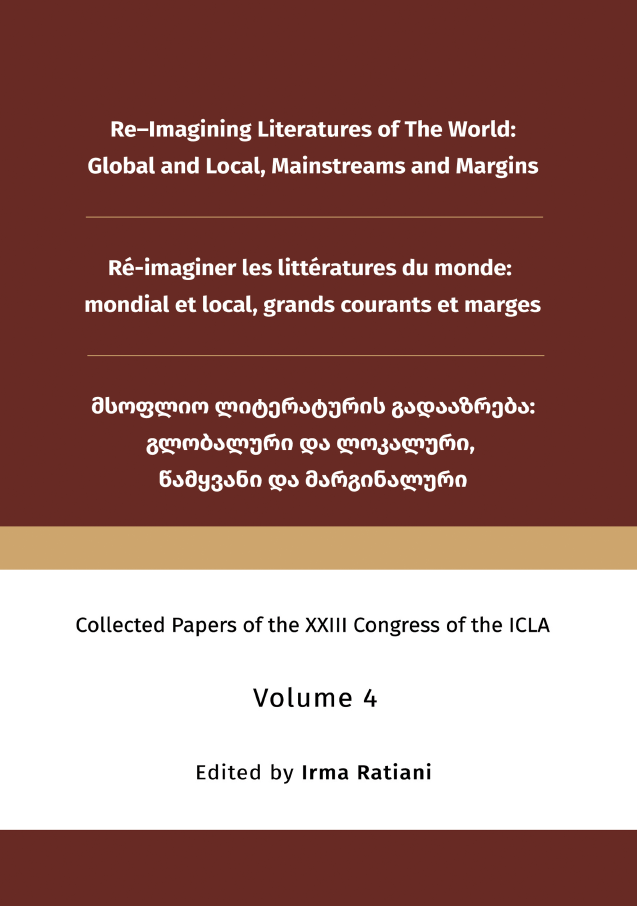Postcolonial Representation in the “Indochinese Cycle” by Marguerite Duras
Main Article Content
Abstract
In the last decades postcolonial studies constitute a research field of literary studies, social sciences and history. In this article we are interested in the representation of colonial Indochina and the evolution of the colonial discourse in the work of Marguerite Duras through a contextual reading of a choice of her “Indochinese” texts. Marguerite Duras was born in French Indochina where she spent her childhood and early youth before leaving for France never to return to her country of birth. In his textual work we find the two aspects of colonial representation that are literary fiction and official propaganda. The fictional texts whose setting is Indochina is presented in “Indochinese Cycle” (or “the Indochinese Trilogy”): The Sea Wall (1950), The Lover (1984) and The North China Lover (1991).
These semi-autobiographical novels have as their central protagonist the young girl of a French family belonging to the small whites of the colony. The three texts of our study contain many intertextual elements that refer to the nature of Indochina, to colonial urbanism, to the colonial population, to the relations between colonized and colonizers and to the family drama.
Our postcolonial research focuses on the following issues: What representation of colonial Indochina is constituted by the texts, and by what signs the presence and the policy of colonial domination are transmitted .The fact that two of the texts (The Lover and The North China Lover) were written after the decolonization of Indochina in 1954, gives rise to the study of whether there is continuity or a change of perspective in these texts compared to The Sea Wall. Since the social, historical and cultural context is different from one text to another, as well as from one genre to another, it is possible for us to follow the evolution of Durassian thought on French colonialism over more than a half-century.
